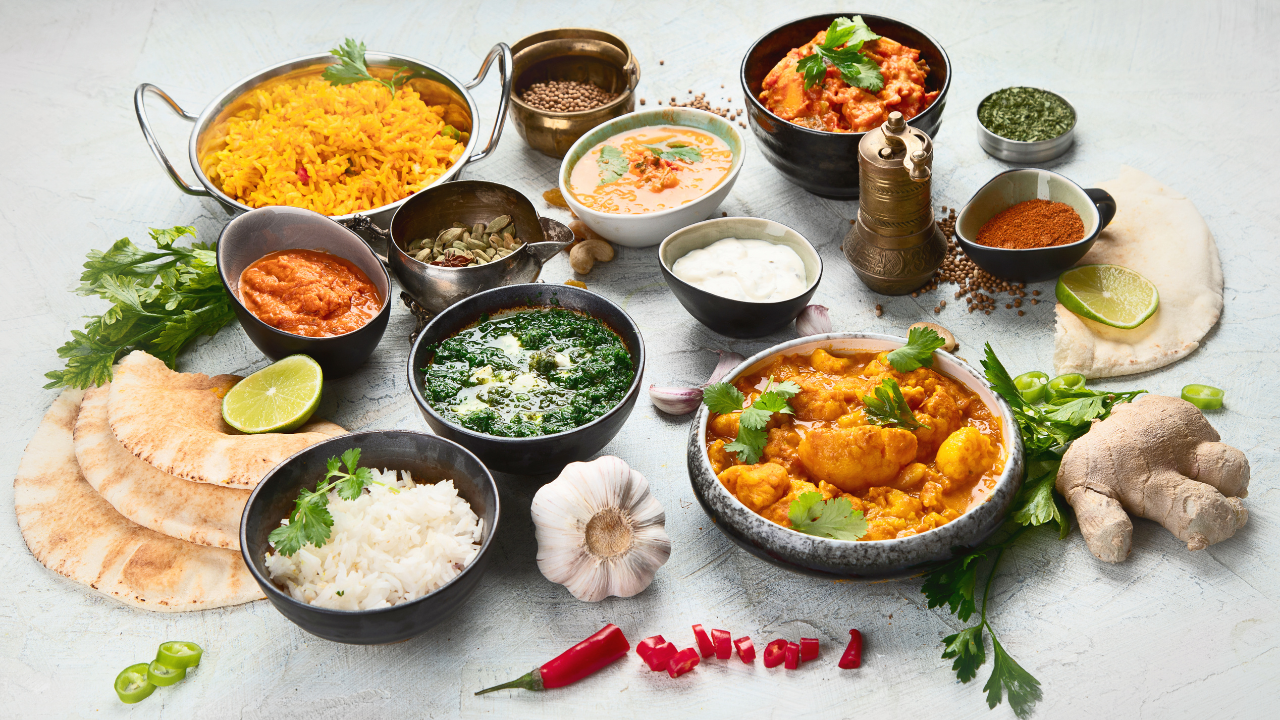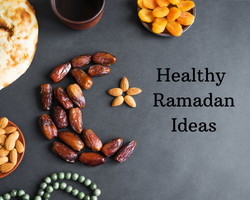Fasting has been practiced for centuries across the world and has spiritual, mental and physical benefits. Even if you don’t do Ramadan, you will find this useful if you do other fasts like intermittent fasting or Ekadashi fasting.
Ramadan begins soon. And since it’s in spring this year, for those living in the Northern hemisphere it will be a long fast day.
I recently did an interview with Hamaad Khan from Voice of Islam Radio Station on how to eat more healthily over Ramadan.
Do listen to the interview as we discuss:
- Importance of nutrition when fasting.
- What causes weight gain, indigestion and poor sleep when fasting.
- How to introduce and maintain good habits, so they become part of your daily life.
Planning ahead is key and that’s what I’m guiding my clients to do so they don’t gain weight and feel good over Ramadan.
The mistake most people make is they think they can eat anything they want to as they are fasting, which leaves them feeling hungry, tired and bloated.
In order to have sustainable energy over Ramadan, you should reflect over your current diet and lifestyle and consider making some minor changes to introduce healthy foods.
In the interview I cover some key tips, including:
Sehri or Suhoor: Start your day with a balanced meal, which is both filling and provides a gradual release of energy. Avoid simple carbohydrates; think white foods like white bread, white rice or rotis.
Drink lots of water and also include hydrating fruits like oranges, watermelons, coconut water, etc.
Iftar: When breaking the fast enjoy 1 or 2 dates, but not too many as these are high in sugar; one Medjool date has 16 grams of sugar (source: USDA Food Content).
Instead of fried foods like samosas, pakodas, etc have baked pakodas or chickpea bowl (made with tomatoes, chickpeas, coriander leaves, onions, etc)
Instead of sweet foods like barfi, ladoos or other mithai you can make a nut bar, energy balls pieces of fresh fruit or a fruit smoothie.
Have a variety of vegetables and cook these gently or pan fry lightly so you can taste their fresh flavours. Vegetables are the main missing food group for most people and I cannot emphasise that these should be a significant part of your meal, include them in curries, stir-fried, make salads or soups, etc.
Remember the evening meal should be a meal and is NOT a feast; so avoid piling the plate up too high or going for extra helpings as you will suffer from indigestion later.
You don’t need to give up your favourite unhealthy foods, but have them in small portions and eat them occasionally. Most importantly leave the feasting for the end of Ramadan at Eid.
I hope you are inspired to make some changes this Ramadan.

Special offer – Easy Weight Loss Eating Indian Meals
Up level your wellbeing so you can cook and eat healthier traditional meals.
As you can see, it’s not about calories or deprivation but about learning what to do.
Come and join my special class “Easy Weight Loss With Indian Meals” where I will be guiding you step-by-step on what to do.
<< CLICK HERE to learn more and register >>
If you have any questions do send me an email at sujata@optimum-nutrition.org
